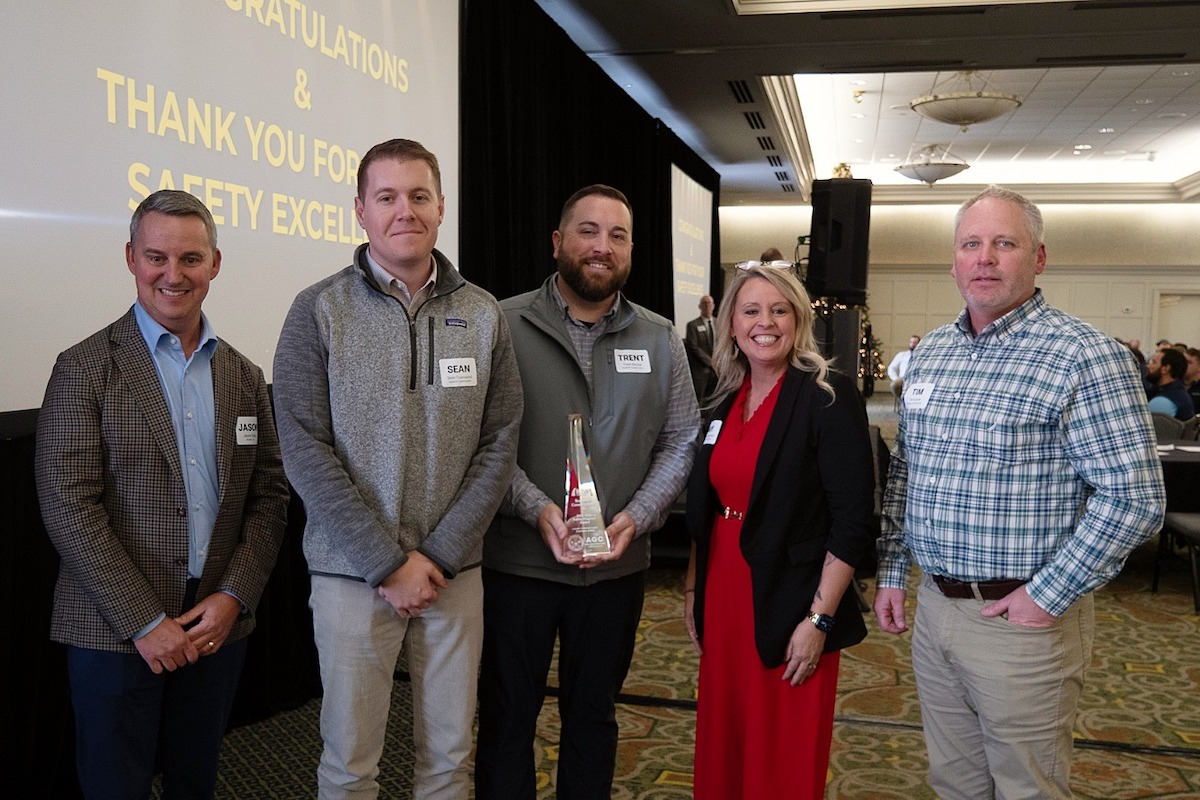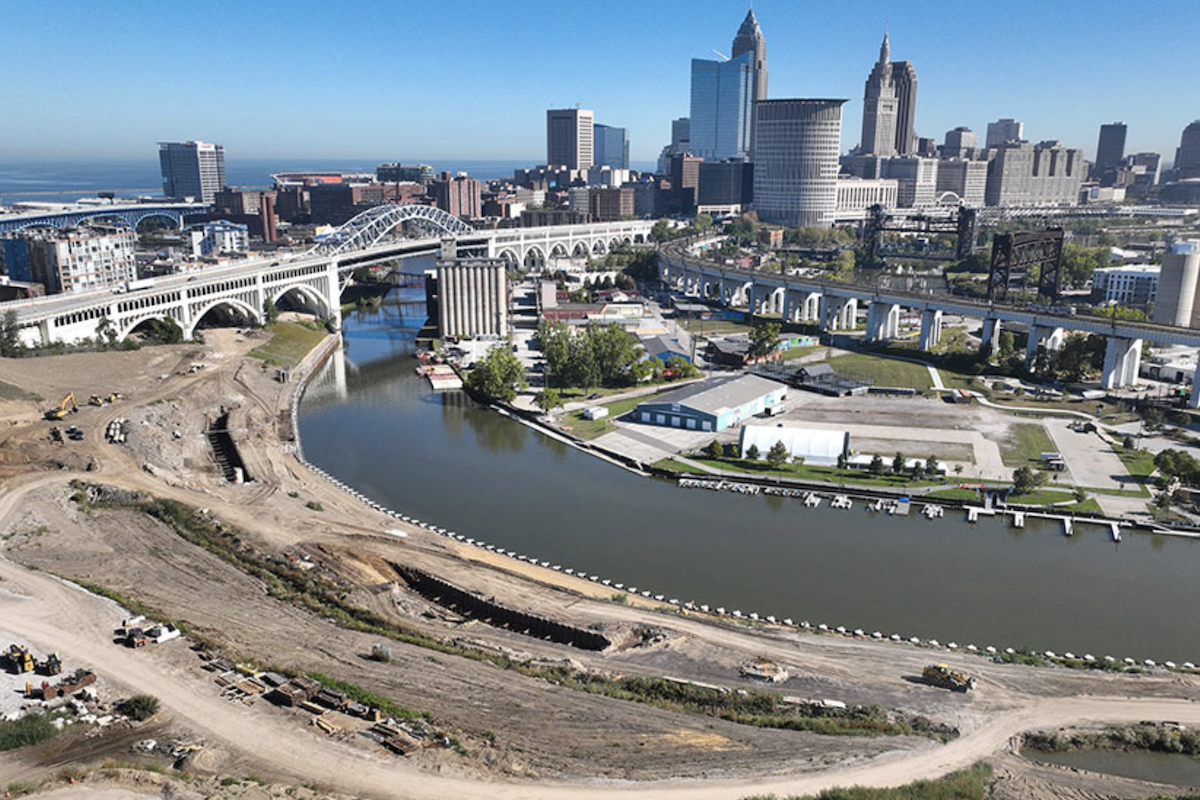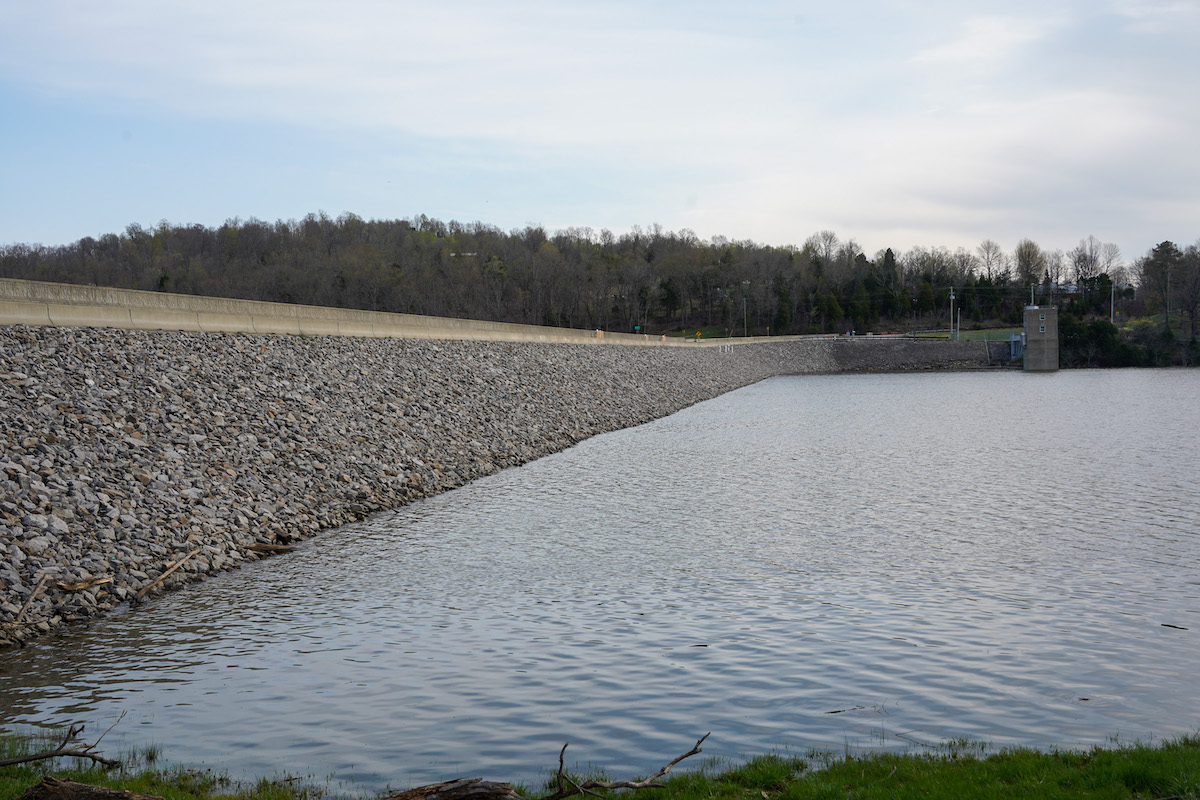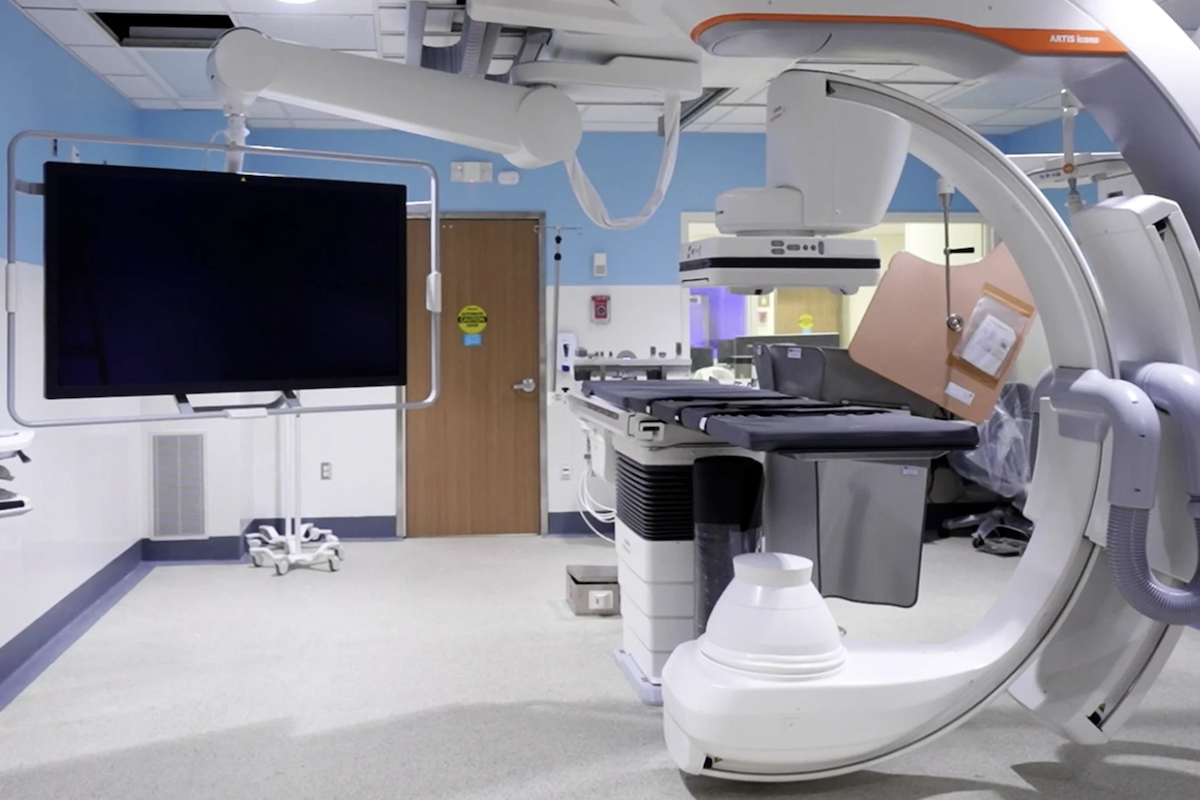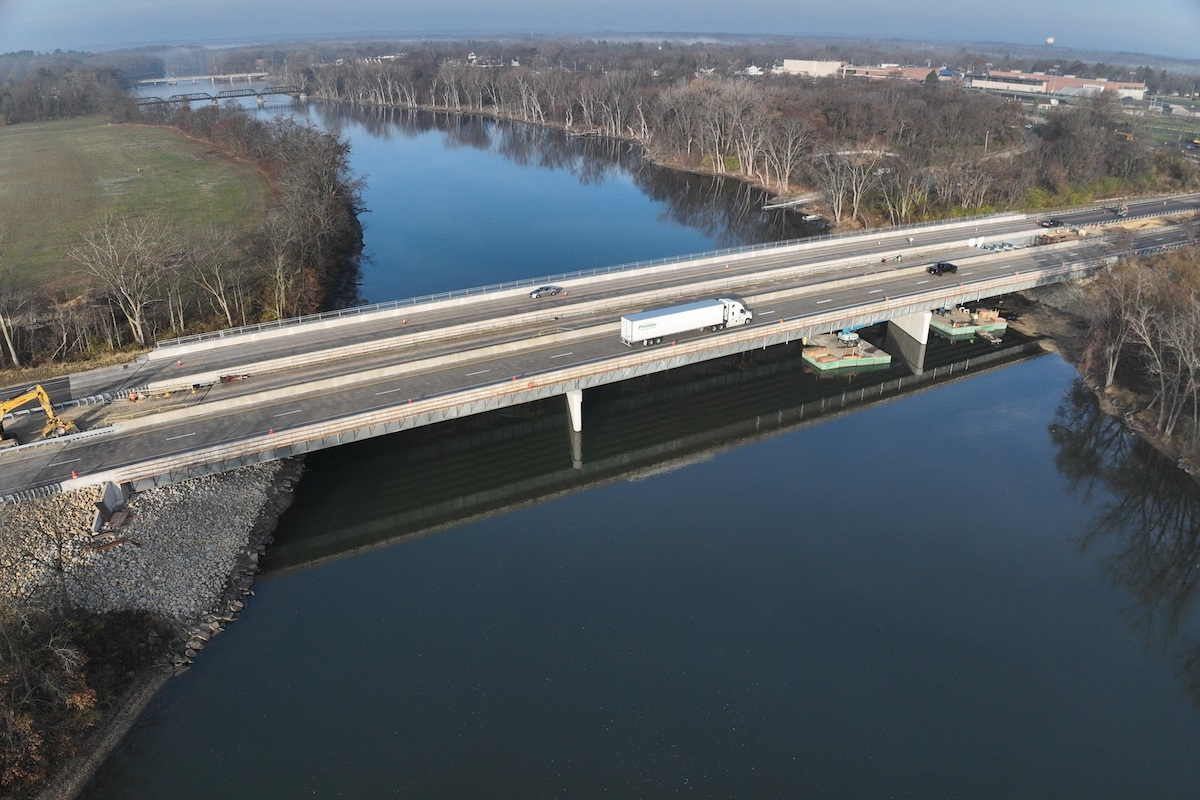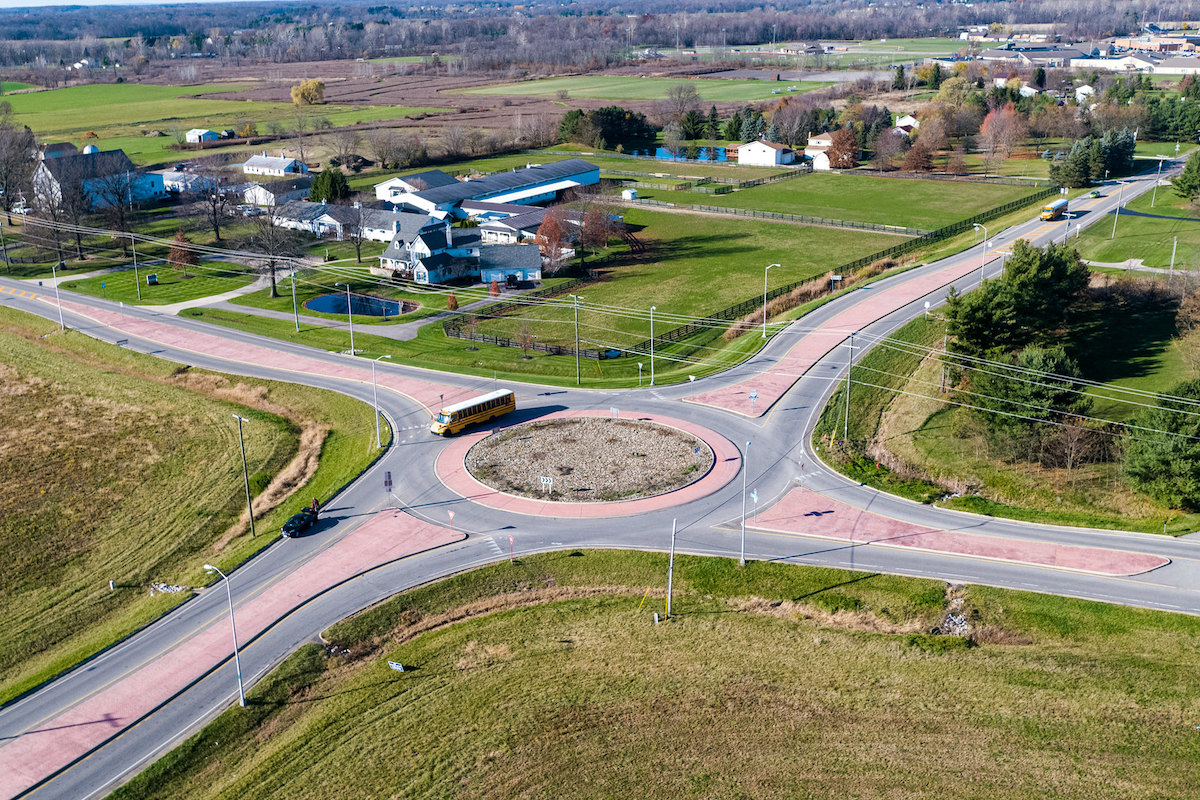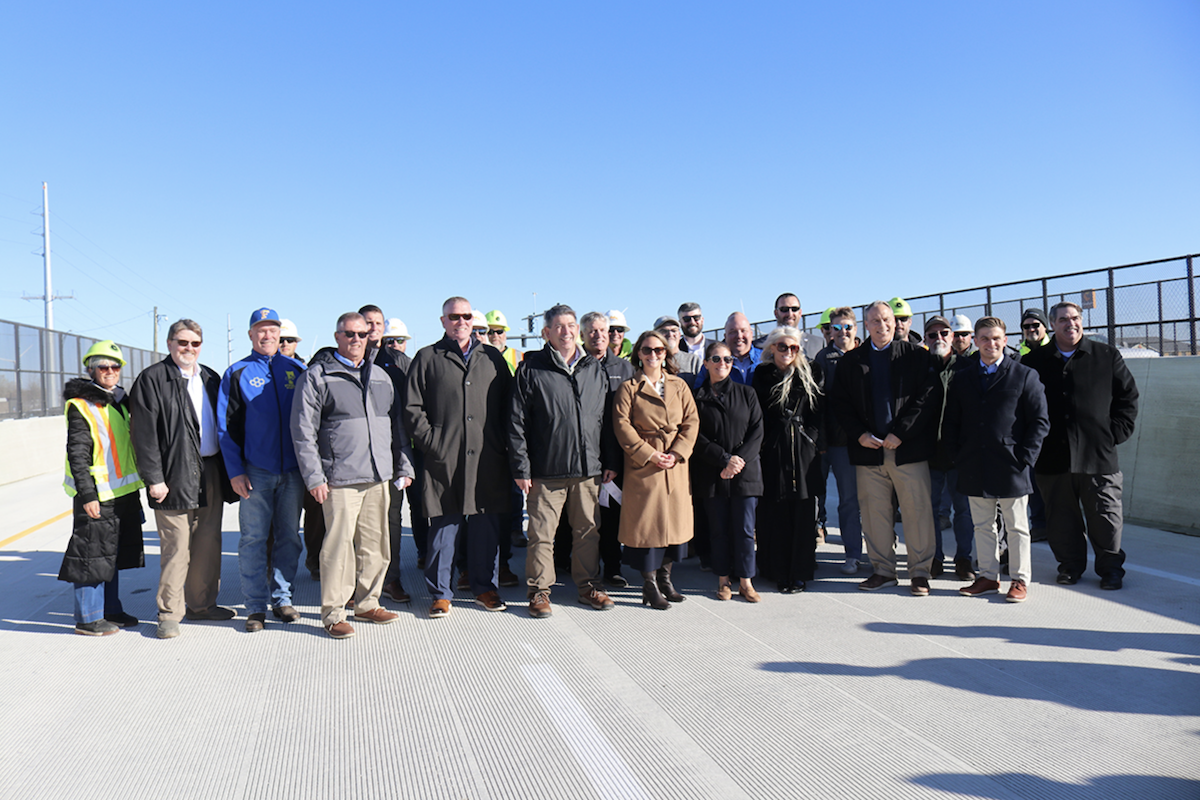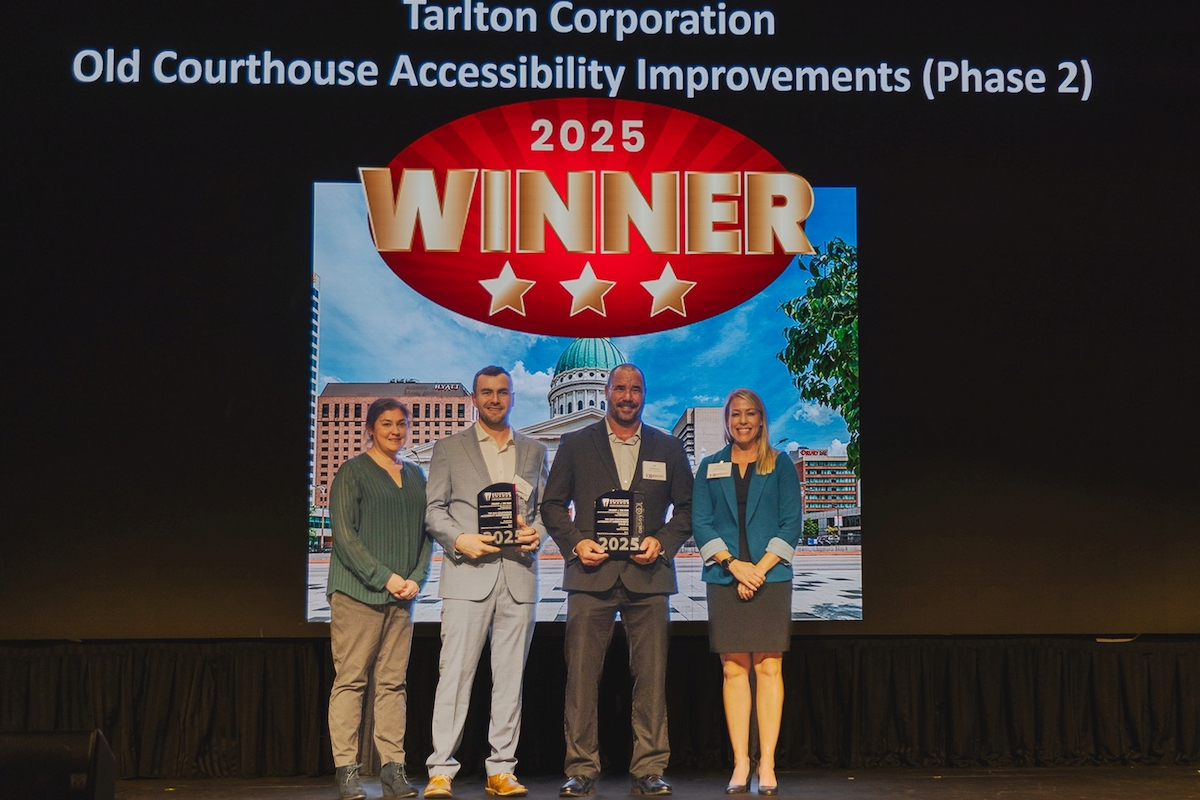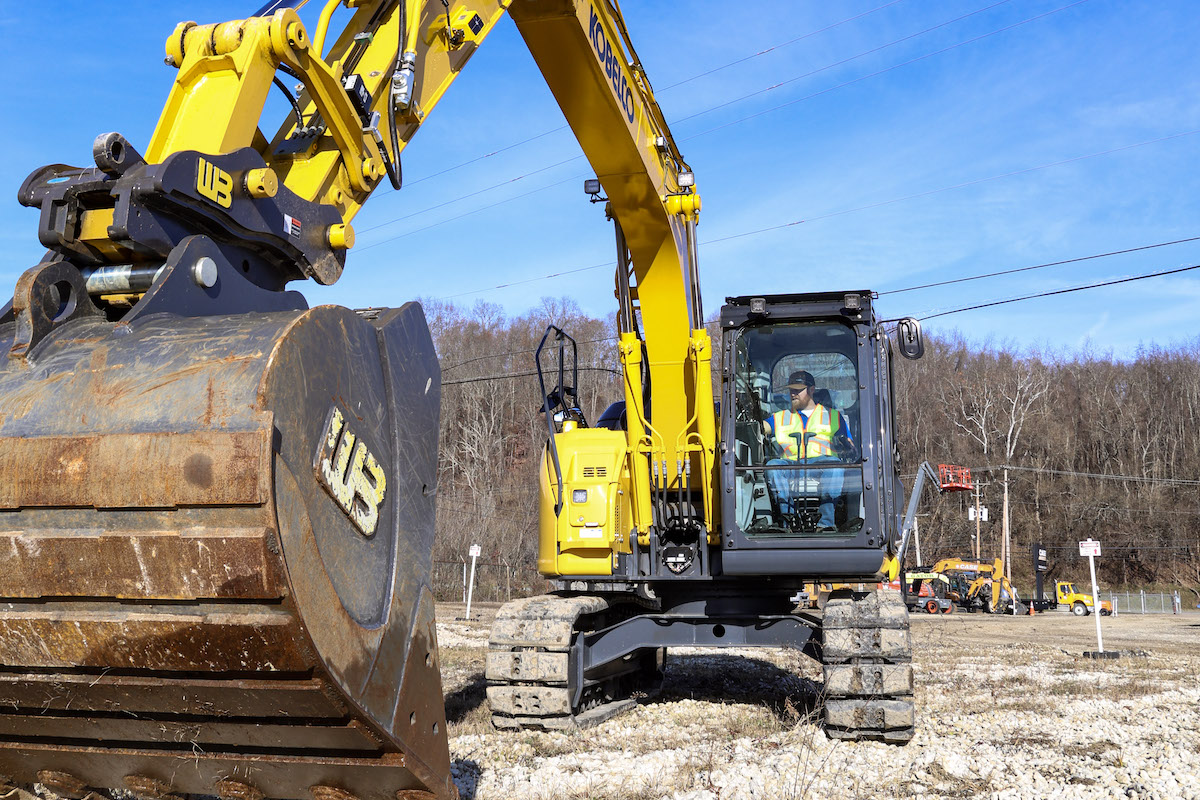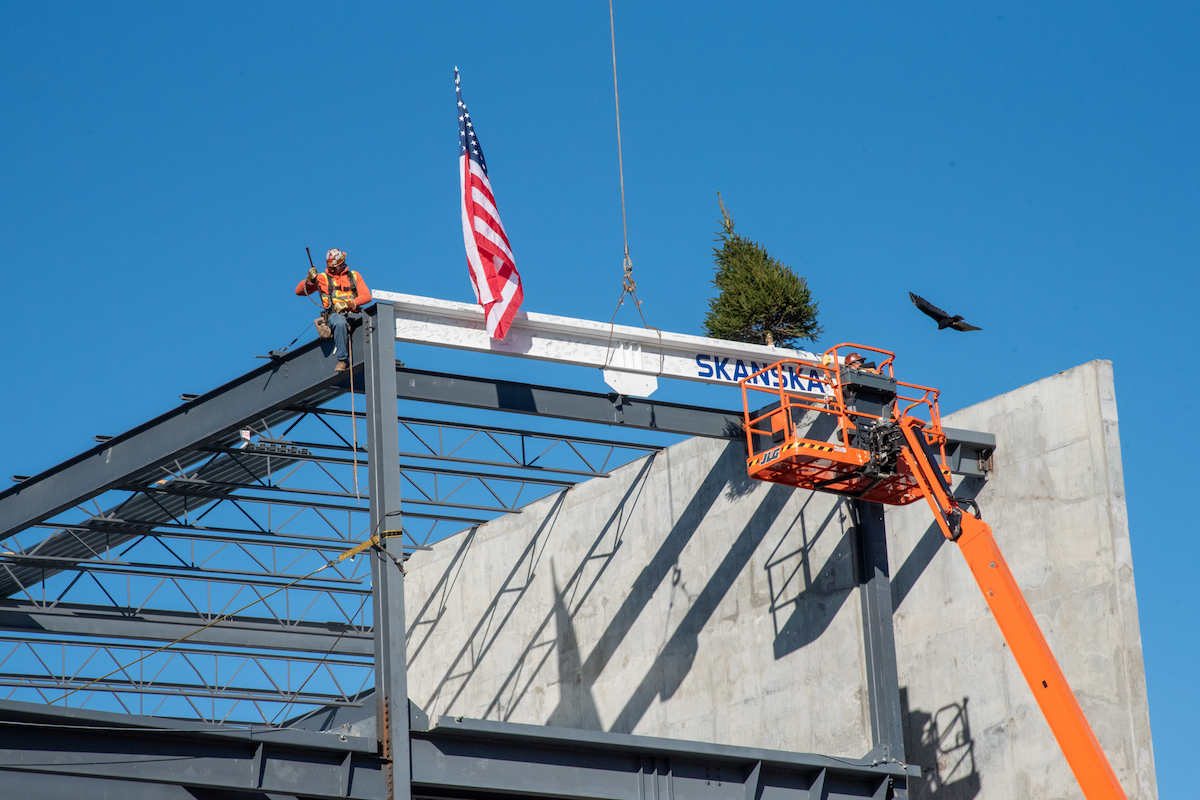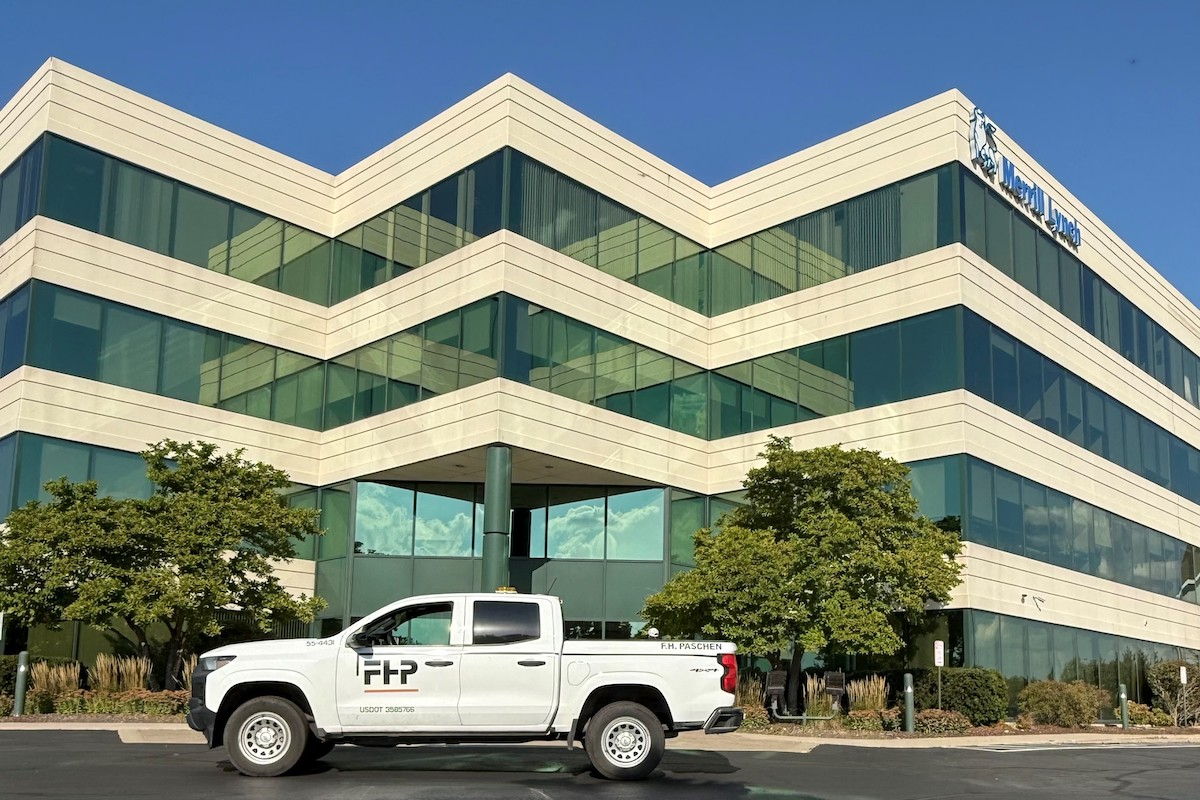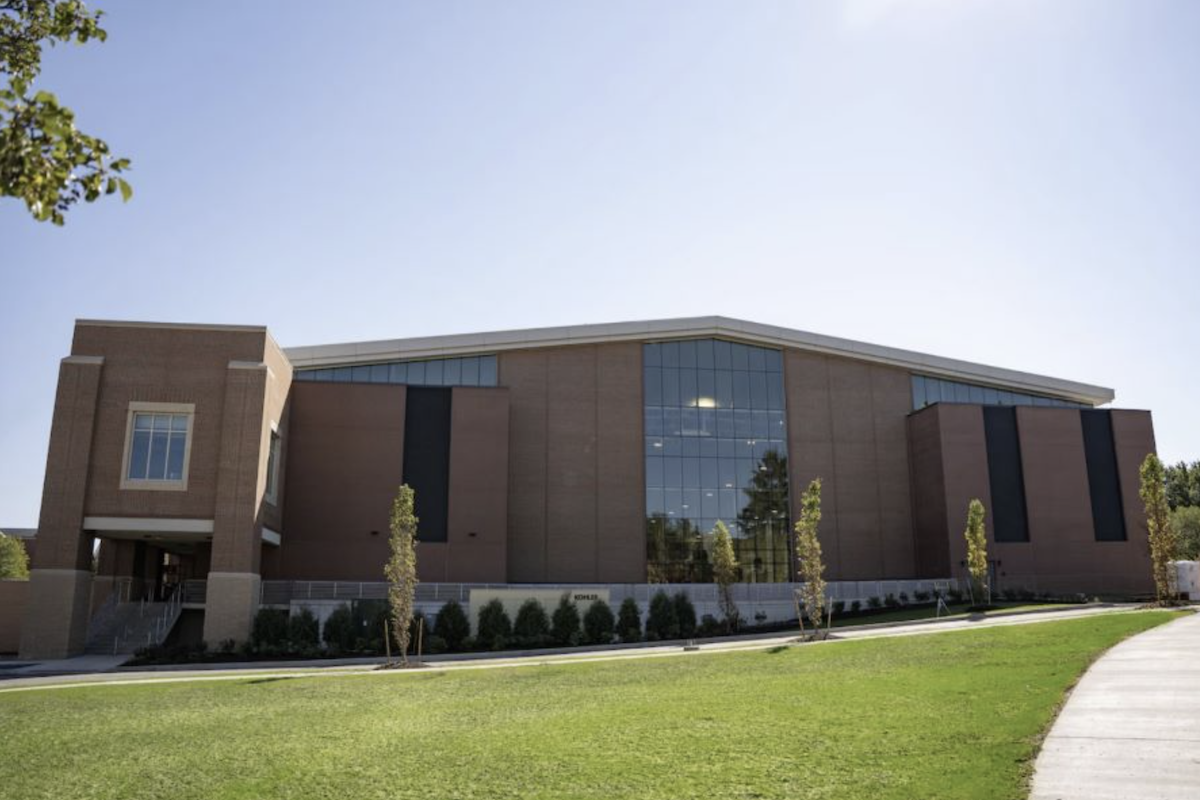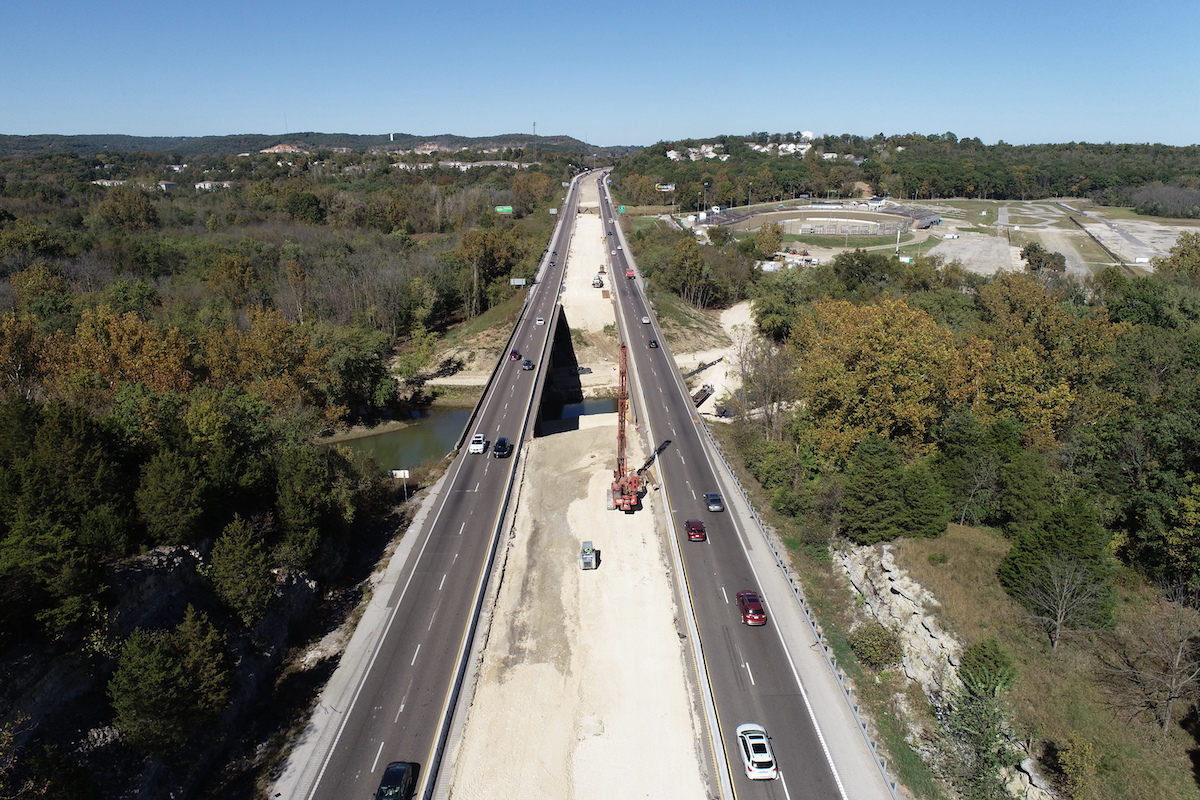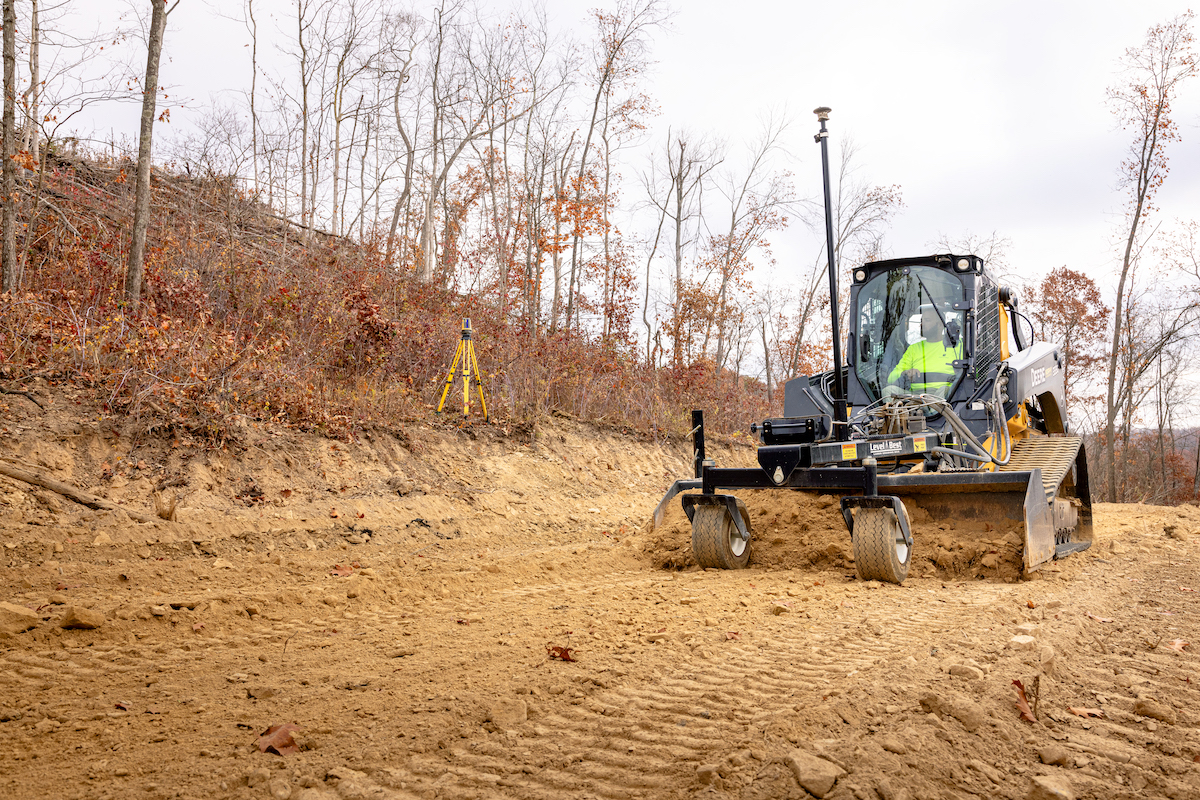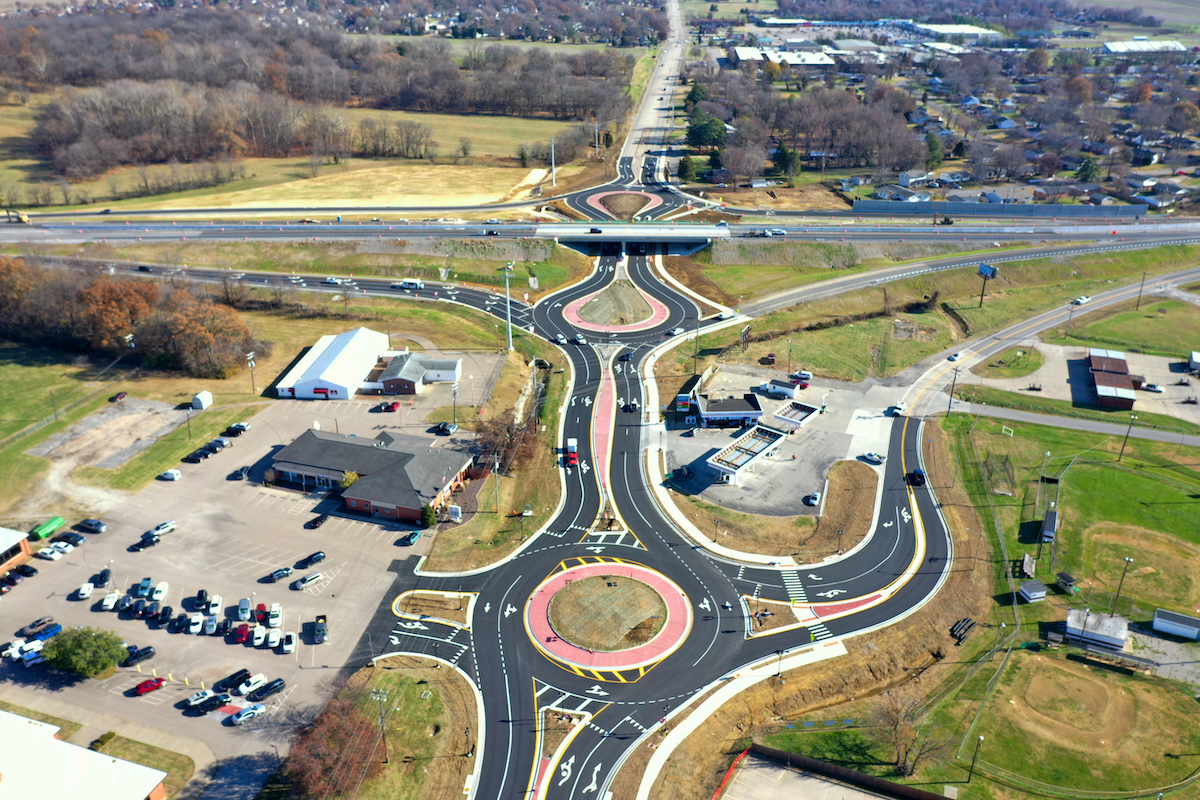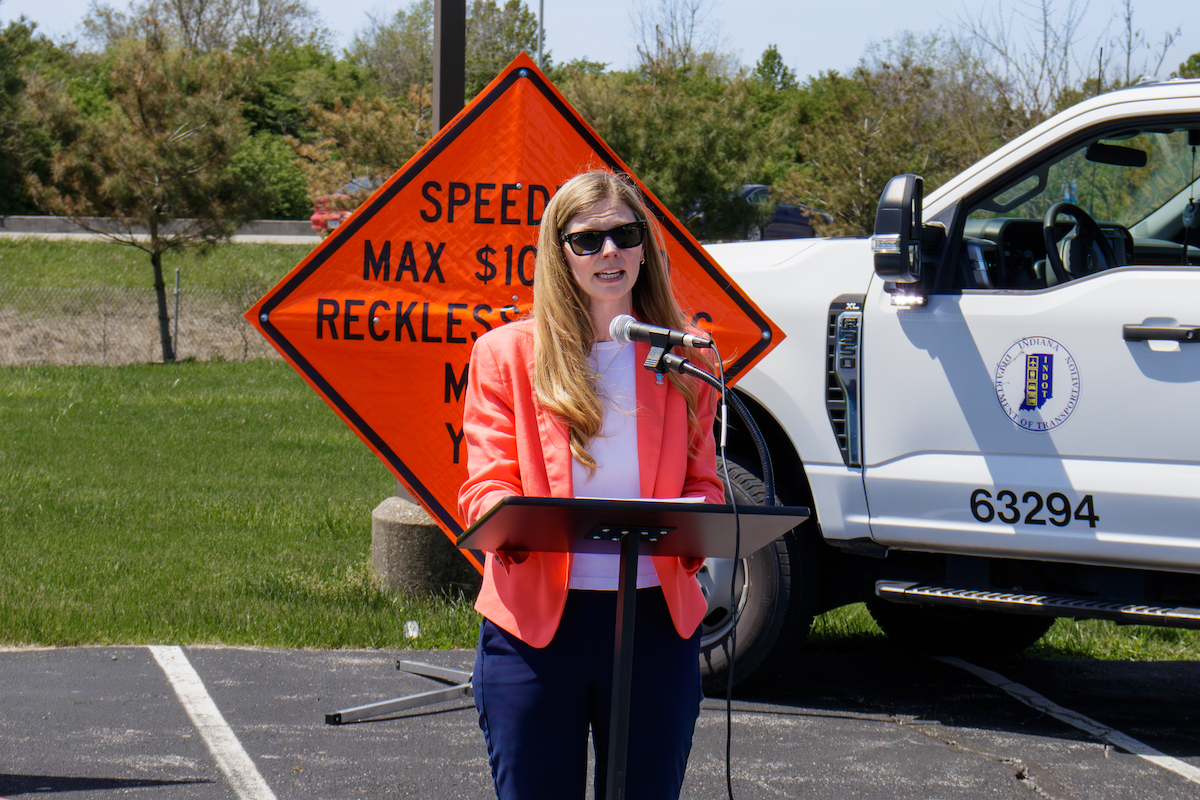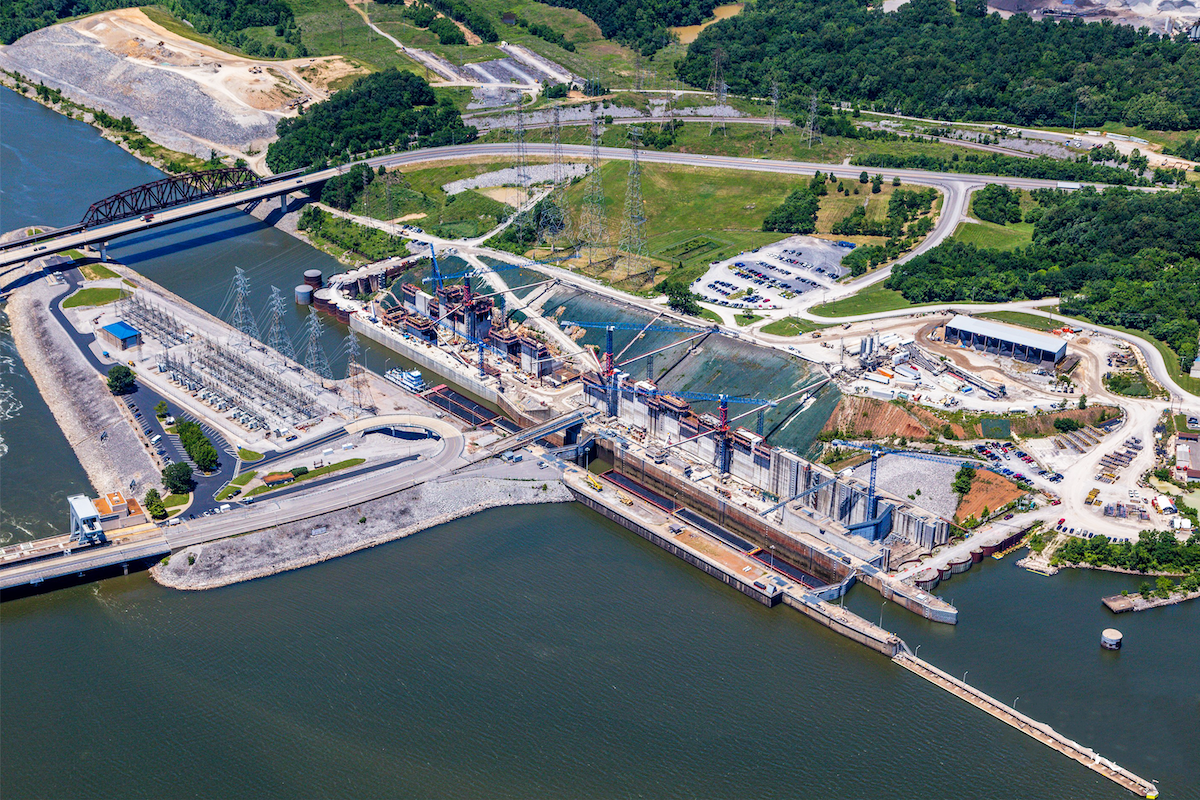Heavily crowded and in need of numerous repairs, Pine Village’s existing elementary school was a prefabricated, 70-year-old post-war building that was originally conceived as nothing more than a temporary structure.
After investing more than $2 million over the past decade into keeping Pine Village Elementary operational and safe for the public, Warren County’s school corporation arrived at a fork in the road.
“It was time to either make the decision to invest approximately $20 million into the community, or look at the possibility that the school would not exist in the future,” said Ralph Shrader, Superintendent at the Municipal School District of Warren County (MSD of Warren Co.) “We wanted to make sure that the Pine Village community always had an elementary in their area.”
MSD of Warren Co. includes three elementary schools and spans almost 365 square miles. Shrader said his district’s biggest challenge has always been to justify the need for three distinct elementary schools.

| Your local Sennebogen LLC dealer |
|---|
| Brandeis Machinery |
“When I first became superintendent 15 years ago, Pine Village Elementary had less than 100 students and was the third smallest K-6 public elementary in the state of Indiana,” Shrader said. “Since that time, we've seen it almost double in size. We're at 172 students this year, so we expect continued growth and prosperity for this community in the future.”
Pine Village Elementary faced similar structural problems.
“With Pine Village Elementary, we had an extremely antiquated facility that did not meet any of the current standards of today,” Shrader said. “It was not ADA compliant and could not be made ADA compliant. The structure did not meet most of our health requirements as far as air quality. The heating system was an old boiler system. The foundation itself was crumbling. The walls were coming down and had to be reinforced.”
As these structural issues coincided with the recent doubling of Pine Village’s enrollment, Mark Beebe, Partner, Midwest PK-12 Director at RATIO Design said the existing elementary school and gymnasium were “bursting at the seams”.
“This was our first opportunity within our district to completely modernize and build a facility that would not only meet the needs of today's children, but also the future,” Shrader said. “This was a great opportunity for us to add things like STEM labs and learning risers to the elementary building that truly we do not have within our district.”
Built in 1909, Pine Village’s former elementary school was created using a Romanesque architectural style, featuring unique design elements such as a rusticated limestone base, miniature arches, small, punched windows, and castellated roof structures.
The soon-to-be demolished 1940s-era Pine Village gymnasium was constructed with a similar attention to detail. True to architectural trends at the time of its construction, the gymnasium was designed using an Art-Deco style with a unique Midwestern twist. Projecting vertical elements on the exterior of the building form unique shapes and angles, combining traditional Art-Deco elements with masonry-heavy Midwestern flavors of brick, sandstone, and limestone.
Without being too literal in their reference to the old elementary, Beebe said his design team incorporated traditional elements like brick and limestone into the administration wing of Pine Village Elementary and mimicked the historic punched window proportions on the front façade.
“A lot of the brick structure is meant to mirror that of the town,” Shrader said. “A limestone base was brought in specifically to mirror the original elementary prior to a fire that destroyed it. And we have some beams on the entryway that were brought in to just bring in the historical look of the Pine Village Elementary gym, which has a crossbeam structure.”
Called a “lamella roof” structure, the original, hand-made, vaulted wooden roof built over the Pine Village gymnasium is uncommon in Indiana.
“This system was developed to save on building materials between the world wars – given the extreme shortages of construction materials, and it saves 40 percent on material for the same type of spans and volumes,” Beebe said. “In a similar way, our project had a fairly tight budget, and we worked closely with our construction manager Tecton to develop a future-ready school packed with unique learning spaces for significantly less than current market rate schools.”
Designers incorporated glued laminated timber (glulam) columns and a laminated wood ceiling into the entryway of the new Pine Village Elementary to reference the historic gym building while simultaneously cutting materials costs. As an ode to the history and tradition of Pine Village, wooden elements featured in the new building come from a species of pine tree.
North-facing windows in the media center bring soft, indirect daylight into the space, while a second-floor walkway above the learning riser injects even more natural light into the building’s junction. Every new classroom features both fixed windows and at least one operable window for natural ventilation.
“I think as designers, one of the best things we can do to help kids feel safe, warm, welcome, and ready to learn is to have visual connections,” Beebe said.
Beebe said he recently hired one of his past clients, a former principal at Walnut Grove Elementary, to be an education planner for his team.
“He's been an educator now for 20 years and it's awesome getting his insights,” Beebe said. “He tells me that it’s hard for some kids to sit in a fixed setting for hours on end like we're expecting them to. To be able to visually lift your eyes and get a little bit of a perspective, or to be able to move in your space, is so critical to helping them learn, process, and stay engaged.”
In addition to the spacious media center and learning risers, Pine Village Elementary features small breakout spaces in the corridors with flexible furniture options for students to participate in small group instruction or individual work without feeling isolated from the rest of the school.
More than just providing students with visual connections to one another and the outside world, the transparent design of Pine Village Elementary also creates a more secure environment for staff and students.
“What I have found works well about a simple L-shaped or V-shaped plan is you sort of simplify your lines of sight,” Beebe said. “At Pine Village, there's a clear visual through the media center on your entry. The learning riser is right at the heart of the school, then the academic quarters are a simple straight shot. And when kids go to their specials, which is when they go to music, media, gym, or to the cafeteria, they're not having to pass other classrooms a lot. It's all sort of on one side.”
“To help carry forward the significance and tradition of the original building, we presented to the community some ways we would honor the history of the original structures within the new school through incorporating representative materials, forms, and images,” Beebe said.
Various supergraphics and historic photos decorate the walls of the school, illustrating the 1910s Pine Village professional football team – led by Pro Football Hall of Famer Jim Thorpe, the original historic school, and an assortment of other local cultural images. In addition, the center circle and “Pine Village” graphics from the old gymnasium’s wooden floor have been removed and are being installed as wall art installations in the new gymnasium.
Designers also incorporated a fitness room near the entry pavilion of the new school which gives Pine Village residents free access to workout equipment in an area that is secure from the rest of the school. With a capacity above 800, the school’s new gymnasium can also be used by the community to host large events.
“We've had a long relationship with Tectonics, Lancer + BEEBE, and now BEEBE design. And in all cases, we've been thrilled,” Shrader said. “We've done four or five major projects with them, and I've never left unsatisfied. I feel that each and every time, they listen to us as the owner, they take our input, they bring great thoughts to the table, and they push the envelope a little bit.”



















